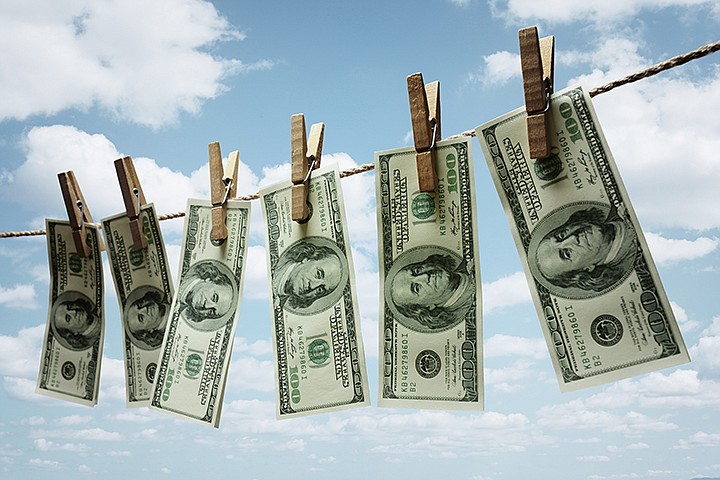Back in the "good" old days, my mother spring cleaned every April: scrubbing walls and baseboards; pulling down curtains down to wash, starch, and iron; taking mattresses outside to flip and sun, along with pillows; and the list goes on and on. At least a solid week flew by before the whole house looked and smelled like spring sunshine. Little did I know the exertion necessary until I, too, began this exercise as an adult. To be truthful, I haven't accomplished a lot of spring cleaning in recent years, but I do try to financially spring clean at least a couple times a year and pass this advice – partially thanks to Woman's Day - on to my readers.
Buy a shredder! If no shredder is available at your house, then check the newspaper to discover when the county sets up shop with its big truck. Cleaning and clearing old files is essential to protect ourselves and our identities, plus that seven-year adage so far as documents such as tax returns are concerned. Bank statements, brokerage statements, and all those nasty free-credit-card-approvals that arrive most every day in the mail – in fact, anything that has name, address and, especially, any hint of your Social Security number, must be shredded immediately. Other personal paperwork, including birth certificates, Social Security cards, passports, marriage and divorce licenses, and so forth should be placed in a fire-proof lockbox/sage or a bank safety deposit box.
Make a home inventory. Thieves, tornadoes and other natural disasters, and tragedies like accidents or deaths mandate listed assets for your family to locate. For example, if you don't list all insurance policies, no one will know who to contact to recover benefits. And along this same line, be sure to update homeowner's insurance since a huge percentage of homes are underinsured. Home improvements that add square footage, pools – anything extra that increases your home value must be brought up to date.
Review/revise your will. When we lost our grandson in January, this was one of the first decisions I made. Readers who possess any property, such as a home, a car, any jewelry, or whatever asset, needs to be certain the item(s) go to the right person upon your death. To avoid lengthy probate, check at least twice a year, particularly if a family death has occurred, or a divorce, or simply the birth of a new child for whom you wish to have a share upon your death.
Protect all passwords. We've been fixated on this topic recently, especially because of all the breaches that's befallen so many of us. Don't write these essential numbers/letters down and post under or on your computer; instead, use Dashlane, RoboForm or LastPass, all of which protects this info with a single password of your choice.
Dispute property tax. Woman's Day tells us that up to 60 percent of homeowners pay bigger tax bills than necessary. Call the local assessor's office to see about the review process, and definitely if your neighbor's house is closely-identified with your own but Freddy Friend pays less in property taxes.
Contact Ellen Phillips at consumerwatch@timesfreepress.com or at 757-6340
